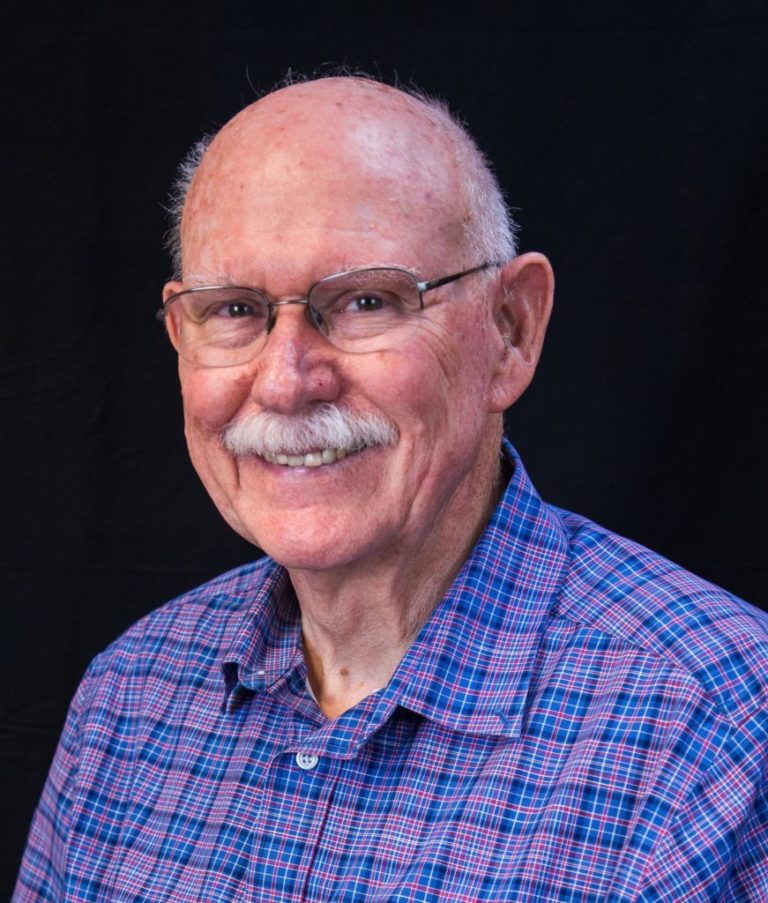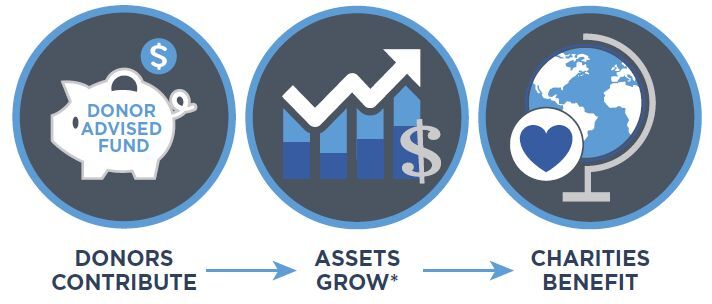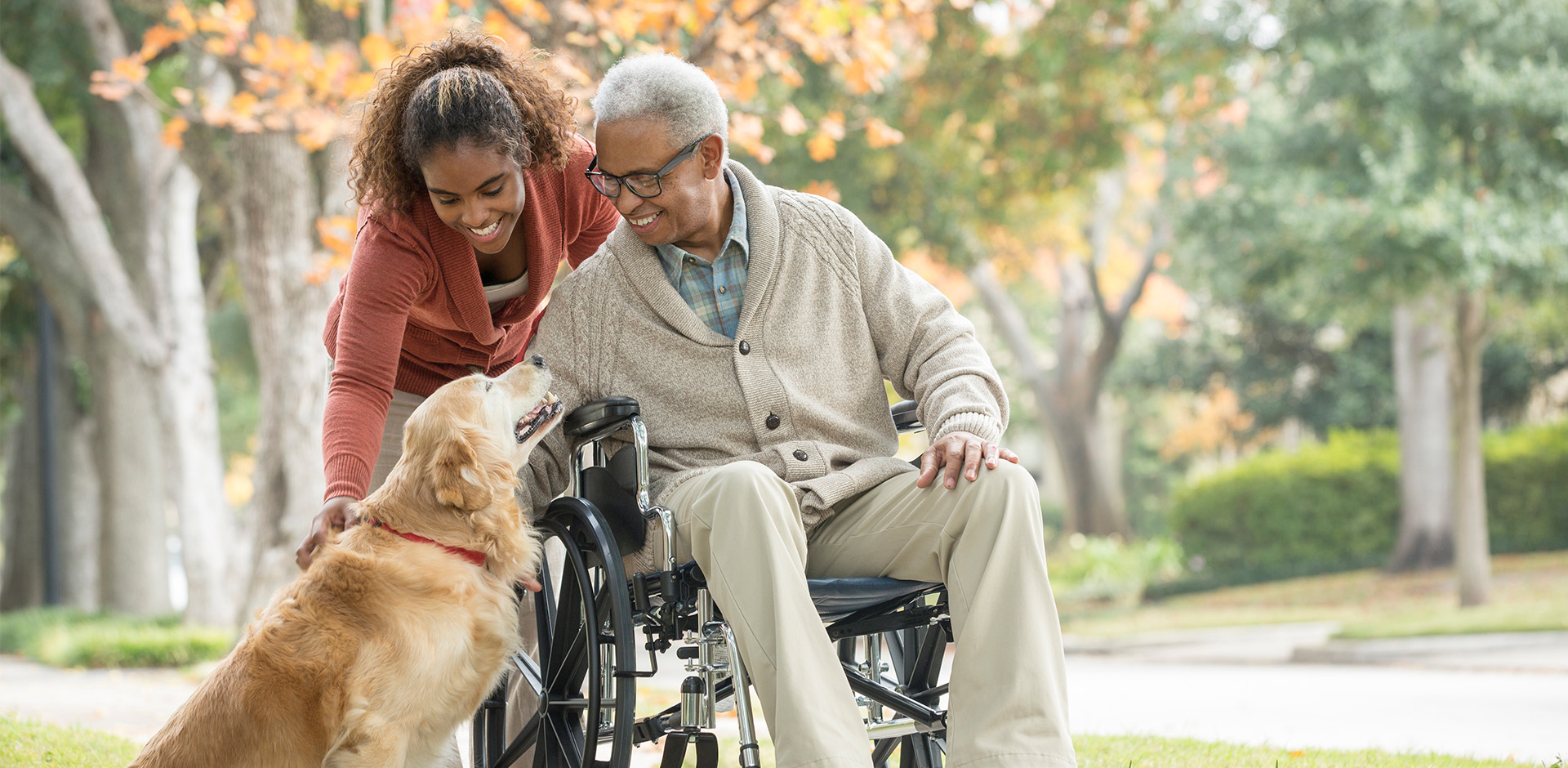Gil’s Journey: Learning to be at Peace
At the Foundation for Peripheral Neuropathy (FPN), we like to share with our constituents stories of hope from their peers who are living their best lives, despite the odds being stacked against them. Meet Gil – scientist, writer, avid outdoorsman and FPN supporter – who is another example. This is Gil’s neuropathy journey.
We sat down with Gil to learn about his journey in more detail.
FPN: Tell us a bit about yourself.
Gil: I am a scientist. I taught math and physics for years. Eventually I got into consulting and worked as a defense contractor for the United States Air Force. Having just retired last year, I remain an avid outdoorsman. Hiking and camping have always been passions of mine, and I still try to stay active. In retirement, I have started writing. I have developed a website for my work and have been blogging, about my travels and my PN story. My wife and I are at the point in our lives where we are ready to downsize, so we are in the midst of cleaning out our house and getting rid of things we can do without.
FPN: How did your peripheral neuropathy diagnosis come about?
Gil: My PN started in my 40s with barely noticeable symptoms and progressed slowly. Initially, I felt an odd sensation on the bottom of my feet, like walking on a cushy surface when barefoot on hard floors. I didn’t experience pain until my mid-50s, and even then, it felt more like a pebble in my shoe. During an annual check-up, my doctor prescribed pain meds and referred me to a neurologist. The neurologist confirmed peripheral neuropathy after conducting x-rays and a nerve conduction test and changed my medication to gabapentin. Over time, the pain shifted, feeling like stretched tight skin, with tingling and cramping in my feet and calves.
FPN: How do you currently manage your condition?
Gil: I am now on Lyrica, which reduces my pain level enough that I am not distracted by it. The numbness has gotten more severe in the last two years, which affects my balance. Standing in one place is hard. I use a cane if I am walking outside of my home to provide a little extra stability and safety. The numbness eventually made driving difficult because I couldn’t feel the pedals. So, I got hand controls for my car three years ago. I had to get certified to drive with these special controls, but now I am not worried about safety while driving; I feel in control of my vehicle.
Mornings are the hardest for me, facing the day, getting out of bed, and getting going. But staying active helps both physically and mentally. I was a serious hiker and outdoorsman. I cannot do difficult, long hikes anymore, but I do still hike with my son. Even though they are not as rigorous or “challenging,” being outdoors and active and finding a way to enjoy some of what I used to love to do is very important.
My mother had neuropathy too, and she remained active and positive, continuing to travel and live her life. Watching how she handled the disease helped my outlook. Aspiring to follow her example, I make sure not to become isolated. My support network includes my wife, my son, and good friends, ensuring I have a social life. Additionally, joining the Facebook PN support group helps me feel part of a community. All this helps me stay positive.
FPN: What advice would you give other PN patients?
Gil: I advise staying active, even though it’s physically challenging. Letting go of activities due to PN was hard, but I replaced them with similar ones that were less difficult. Keep doing whatever you can and learn to be at peace with what you must let go. It’s emotional, but possible. I used to play the string bass as a serious amateur musician but stopped because of numbness in my fingers. However, I still enjoy music by attending bluegrass concerts, shifting my engagement with music to continue enjoying it. Lastly, stay connected. Develop new networks and use resources from the Foundation for Peripheral Neuropathy. Let people help you.
Gil, thank you for taking the time to share your story. We value your participation in our community!






